Planning Pays Off: 5 Strategies to Get the Most Out of Your Delivery Speed Choice
October 17, 2024
5 min read
Introduction
WhatsApp started as a basic messaging app, but it has grown into a global platform where businesses can reach billions of users. The platform has around 3 billion active users, making it one of the most popular communication channels.
Free WhatsApp Business app is a good take-off for small-scale businesses; however, for larger operations, they need to reach a wider section of people. This is where the importance of WhatsApp API Service steps in.
WhatsApp API service has helped businesses fully utilize this particular platform, delivering customer satisfaction and result-oriented interaction opportunities.
Let us learn more about it in this guide!

Understanding WhatsApp API Service
The WhatsApp API Service enables businesses to reach out to their customers at scale through advanced features, which the standard WhatsApp app or the WhatsApp Business application cannot offer. Such features entail automation of responses, broadcasting messages, and integration into other parts of a company’s system that can easily help streamline the customer experience.
- According to research, WhatsApp Business API messages get a response rate of 99%. They have far outdone the average email open rate, which is just over 21%.
- Using the WhatsApp API service, businesses can send broadcast messages to as many as 1 million unique users.
Why Migrate from WhatsApp Business App to WhatsApp API Service?
Here are some of the main reasons why companies should upgrade to WhatApp API service:
- WhatsApp Business limits broadcast to 256 contacts at once, which is not suitable for extensive communication.
- It lacks features such as using chatbots in customer service.
- The operations and management of customer interactions become inconvenient on a large scale since WhatsApp Business is quite basic.
WhatsApp API Service bridges the gap between these problems. Here is how it can help your business:
- Mass Messaging: Send automated notifications, messages, or marketing campaigns to your large audience.
- Two-Way Conversations: Let customers interact with you in real-time at scale, improving response times and quality of service.
- Automation: Use chatbots to help answer FAQs, schedule reminders, update orders, and much more to streamline the workflow.
- Integration: Integrate CRM, marketing automation, and helpdesk tools to increase productivity.
- Scalability: Effectively handle large volumes of customer communication with sophisticated features.
Benefits of Using WhatsApp API Services
By acquiring the WhatsApp API service account, businesses can streamline smoothness and make the most of the following benefits:
API Access and Onboarding
WhatsApp API service makes setting up an account less hectic. The providers guide you with their expertise to help you secure your API account and make it ready for use.
Software Development and Integration
Most WhatsApp API service providers offer solutions that integrate WhatsApp messaging with existing CRM, marketing tools, or customer support software of a business.
Compliance and Security
WhatsApp API service helps in maintaining a safe and compliant messaging environment. Since the technical requirements are taken care of, you can focus on the communication strategies.
Long Term Support
WhatsApp API service providers help you troubleshoot difficult issues, give you rich training resources, and ensure that your team gets the maximum out of the features available in the WhatsApp Business API.
Better Customer Engagement
WhatsApp API service gives you tools to create a better customer experience. Features like automatic replies, quick replies, and even chatbots assist in streamlining communication with customers, improving customer relationships.
Efficient Customer Support
BSPs assist your customer support staff in providing answers using the following technologies, thus leading to increased customer satisfaction:
- Automated responses
- Live chats
- AI-powered Chatbots
These technologies empower businesses by understanding natural language, answering more complex questions, being available 24/7, and managing the experience in a much more human way.
User-Friendly Interface
WhatsApp API service offers intuitive and user-friendly interfaces that make it simple to manage communications. With the inclusion of drag-and-drop functionality, your team can efficiently handle customer interactions.
Key Factors to Consider When Choosing the Best WhatsApp API Service
Knowing your specific requirements helps you pick the best WhatsApp API service provider for achieving your business goals. Here are other factors to consider:
Features and Functionalities
As such, while choosing a provider of the WhatsApp API, you should consider first of all what features they’d need. Look for features like:
- Message broadcasting
- Automation
- Integration capabilities
- Ease of Use
- Reliability and Uptime
Scalability
Choose a WhatsApp API service provider that will scale with your business and support an ever-increasing volume of messages and customer interactions.
Security
Ensure that the WhatsApp API service upholds robust standards of data security, especially if your business handles sensitive information regarding your customers. Consider adherence to compliance, including protocols involving data protection and privacy laws.
Customer Support and Service
Evaluate the WhatsApp API service provider’s responsiveness and quality of support to ensure prompt assistance when needed.
Pricing
The WhatsApp API pricing models also vary between providers. Some are charging for every message, while others charge monthly usage. So, ensure that you determine their pricing framework well so that you don’t receive surprise charges.
Check Reviews
Study reviews and customer testimonials so that you understand the capabilities of the WhatsApp API service and how it can serve your specific needs. You can request a demo or a trial period with the provider before finalizing one.
Conclusion
WhatsApp API service continues to advance with new features for businesses to reach their customers. It can be a great asset for businesses that have high-volume, efficient, seamless, and personalized communication.
To fully benefit from the change, companies require a dependable partner who can walk them through the WhatsApp automation complexity.
If you need a platform to assist with your WhatsApp communication process and increase customer loyalty, consider partnering with Delta by Shipyaari. We can be very useful for upgrading the WhatsApp business strategy via simple interfaces, advanced automation, and insightful analytics.
Try out a demo for free today!
Frequently Asked Questions
WhatsApp for Business is an application designed only for small businesses. It provides features such as business profiles, product catalogs, and simple messaging automation. WhatsApp API service is built for businesses of all sizes, providing capabilities such as automated messaging, business tool integrations, and even team collaboration at a larger scale.
A WhatsApp Business API account allows businesses to access messaging features and capabilities not found in the standard WhatsApp Business app. These include functionalities such as high-volume messaging, automation, and integration with other business systems.
WhatsApp API service uses a price-per-conversation-based pricing model. Although the API is free for direct access, businesses pay based on the number of conversations that they initiate.
No, the WhatsApp Business app and WhatsApp API service are two different products. An account is required to use the API.
Suggested Reads
Hyperlocal Personalization: Tailoring Experiences for Local Customers
Introduction The eCommerce industry in India has witnessed a rapid growth of hyperlocal services in
Continue ReadingDec
How Can Box Size and Sustainability Cut Waste in Hyperlocal Deliveries?
Introduction Sustainability is more than just a trendy word in today’s logistics industry; it’s a
Continue ReadingNov




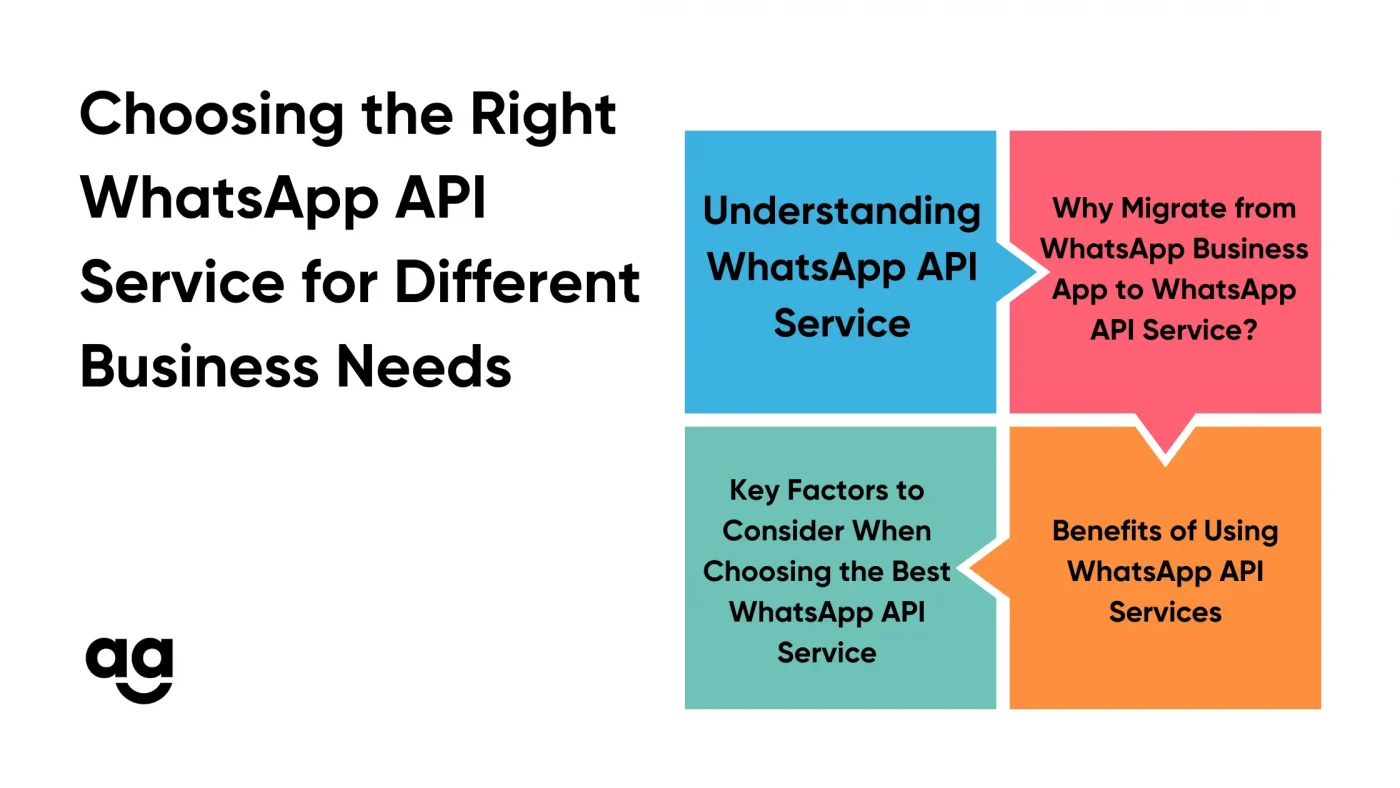



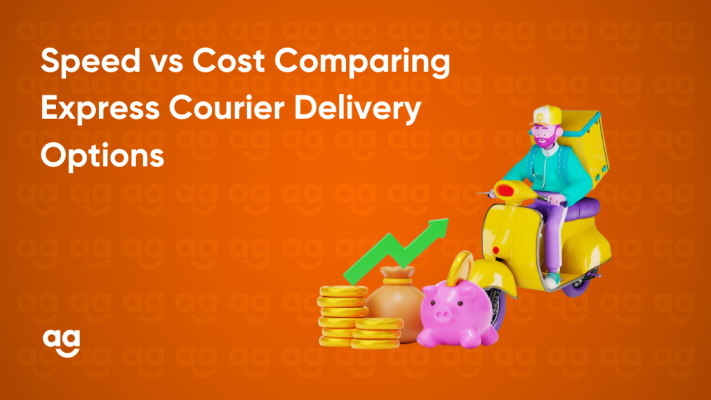


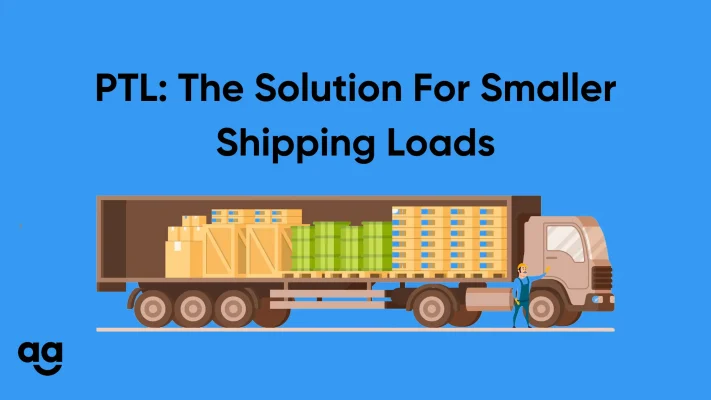

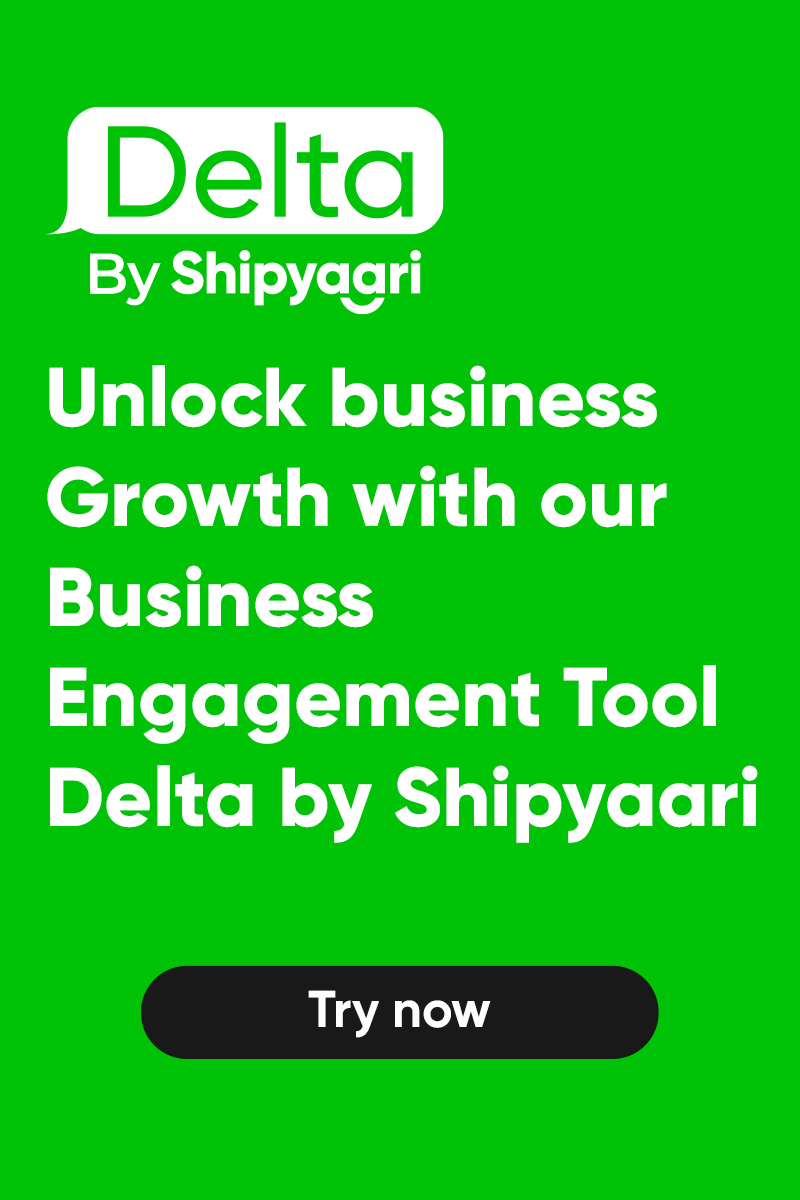
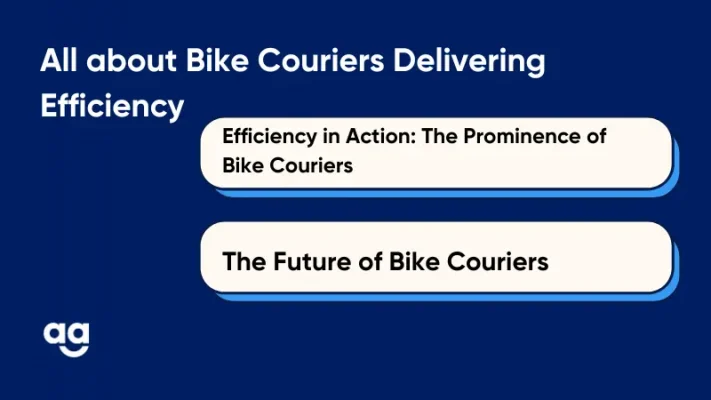
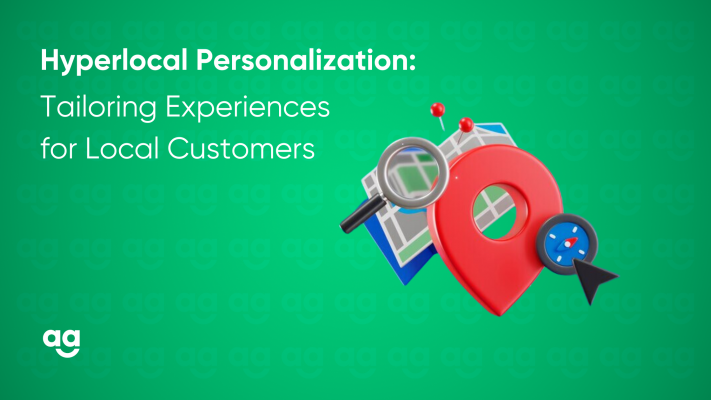
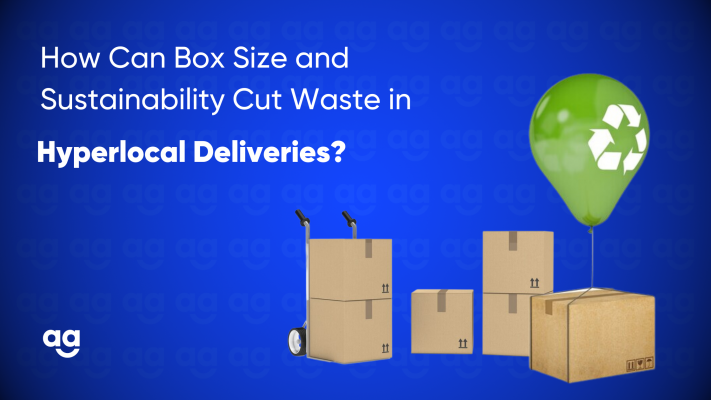
 Shipping
Shipping